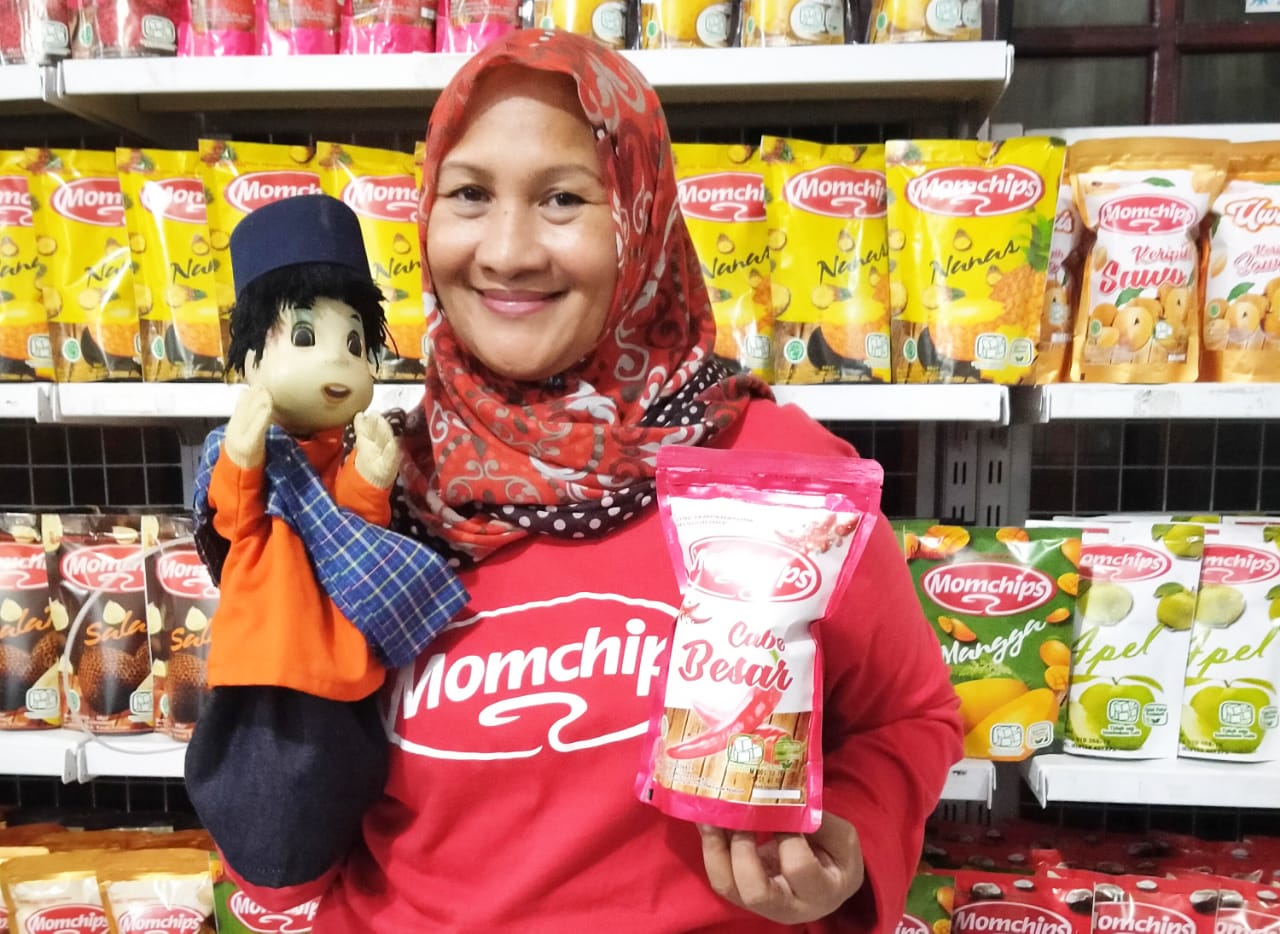
Pertamina Encourages MSEs to Enter Large Retails and Supermarkets
Jakarta, June 22, 2021 - PT Pertamina (Persero), through the MSE Funding Program, encourages its fostered micro and small enterprises (MSEs) to grow. One of them is by selling MSEs' products in retail, markets, or supermarkets. Therefore, it can increase the level of consumers and encourage market expansion.
According to Fajriyah Usman, Acting Senior Vice President of Corporate Communications & Investor Relations of Pertamina, MSEs in the trade industry have a higher number than MSEs in other sectors. "The total number of MSEs in the trade sector that Pertamina has fostered from 1993 to 2020 is more than 25 thousand fostered partners. Meanwhile, the dominance of MSEs in the trade sector is still visible at the beginning of the first quarter of 2021. From 170 new Pertamina's fostered MSEs, almost 70 percent or as many as 116 fostered partners are MSEs engaged in the trade sector," she said.
To be accepted by modern retailers, Pertamina provides training for its fostered partners. It includes product packaging, hygienic and modern training. Pertamina also encourages the management of halal certificates and business permits.
One of Pertamina's fostered partners who has successfully marketed their products to several large retail and supermarkets in Jambi City is Ico Ordiana. The business owner of this Amanah outlet sells various products such as fish chips, fish balls, mpek - mpek, frozen cassava, purple sweet potato rengginang, and mocaf flour.
According to Ico, several things must be considered so that MSE products can be accepted by modern retailers. It includes are neat, hygienic, and modern product packaging, good product quality and price must be competitive. Most importantly, the product has the required certifications and business permits. "Such as P-IRT, Halal, BPOM, and other business licenses," he said.
According to Fajriyah, through the UMK Funding Program, Pertamina wants to provide energy that can move the economy--energy that fuels and energy that produce sustainable growth.
Pertamina also supports SDGs (Sustainable Development Goals) achievements through implementing ESG (Environmental, Social, and Governance)-based programs in all of its operational areas. It is part of the environmental and social responsibility to realize economic benefits in the community.**